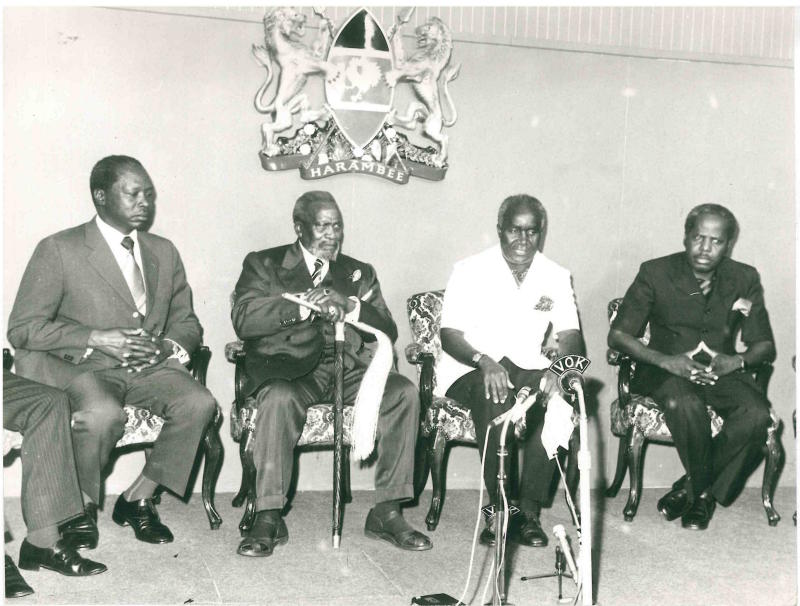×
The Standard e-Paper
Smart Minds Choose Us

Sometimes a student outperforms the teacher. Today, if you happen to be in Nairobi’s Kaunda Street and you are daring enough to be kitted in a short-sleeved coat and matching trousers going by a similar name, spare a thought for two special teachers.
The two started with classrooms of about 40 learners, which expanded to include their entire countries and beyond. Long past their retirement age, they will continue to influence lives in Africa and beyond from the other side of the grave.